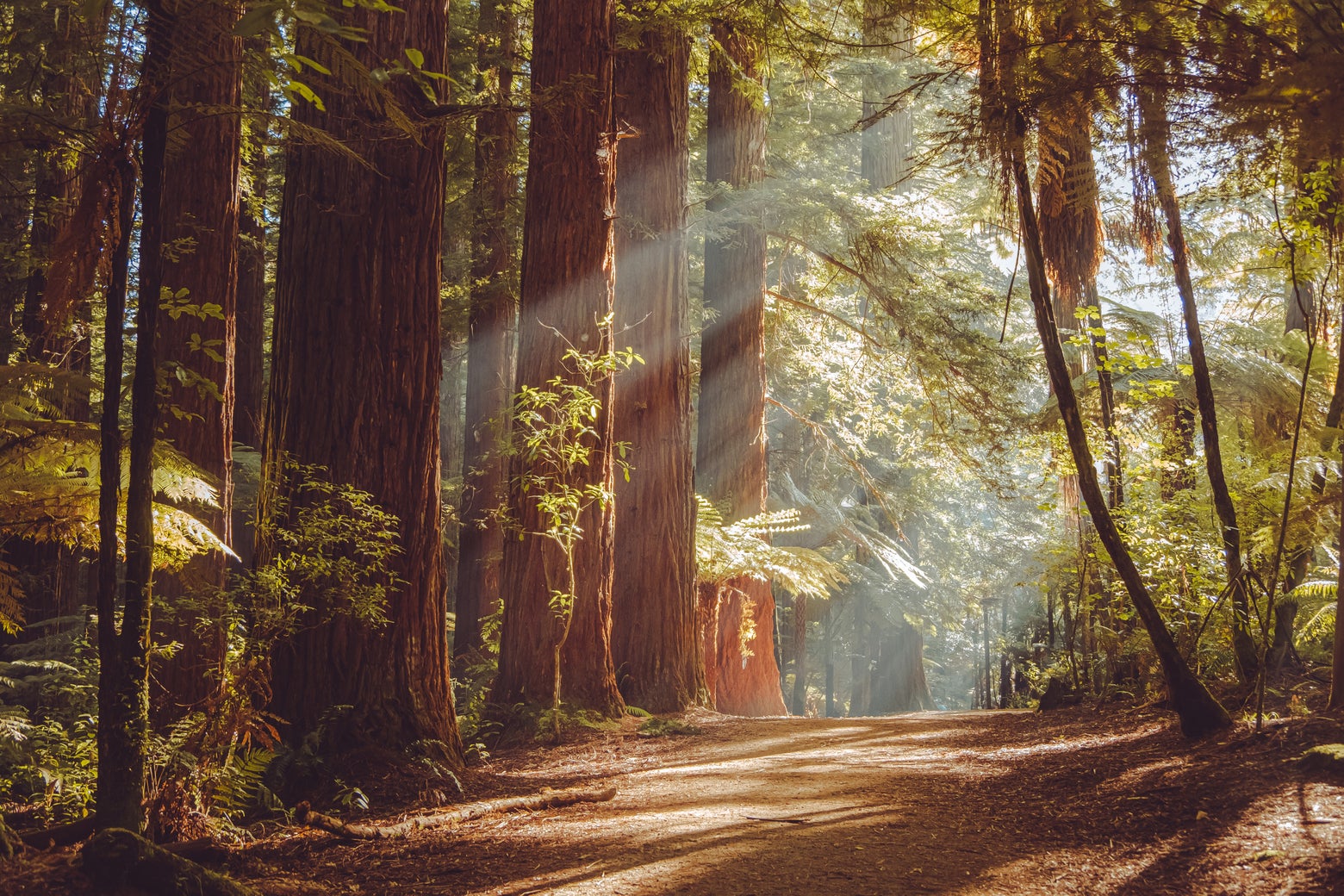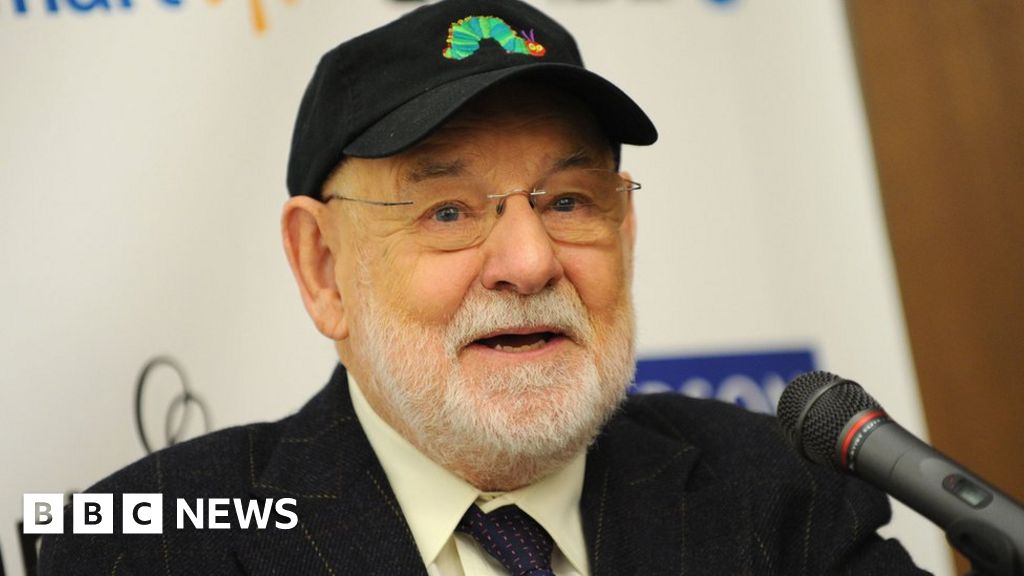
Zoë Schlanger’s book The Light Eaters, about plant intelligence, reviewed.
Back when I only visited the countryside occasionally, I suffered from what botanists call “plant blindness,” described by Zoë Schlanger in her entertaining new book, The Light Eaters, as “the tendency to view plant life as an indistinguishable mass, a green smudge, rather than as thousands of genetically separate and fragile individuals, as distinct from one another as a lion is from a trout.” Now that I live in small-town New England, I’m a bit more literate in the flora I see. A stand of Japanese knotweed, the bamboo-like invasive I’m constantly beating back to the margins of my own yard, indicates there must be a brook or other waterway out there, since that’s how the plant spreads. One wild apple tree by the roadside may have sprouted from a core tossed out of a car, but two or more suggests an old farmstead now consumed by the surrounding brush. I now know I will pine in vain forever for my own patch of partridge berry, a ground cover that flourishes along my favorite trail because it obviously prefers growing in pine needles instead of under the deciduous trees in my yard. But above all, I know that a lifetime of study couldn’t tell me everything that’s going on out there in the green. And the thrill I get every time a seed I’ve planted germinates never dims.
The vegetable kingdom is full of wonders and mysteries, as Schlanger lavishly demonstrates in The Light Eaters. For one, plants created Earth’s atmosphere, oxygenating it and making it breathable for animals like us. Likewise, she explains, “every thought that has ever passed through your brain was made possible by plants,” because every animal organ is made out of sugars produced by photosynthesis, the wizardry through which plants transform light and air into the fuel that built and powers our bodies.























